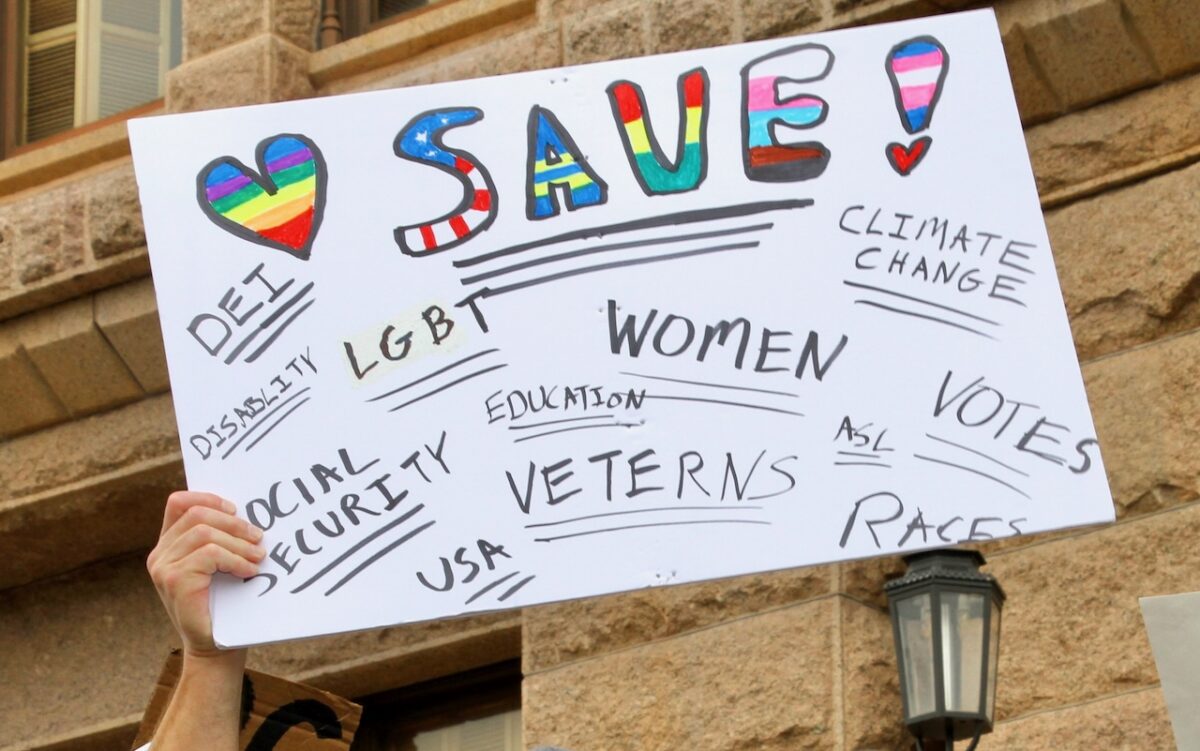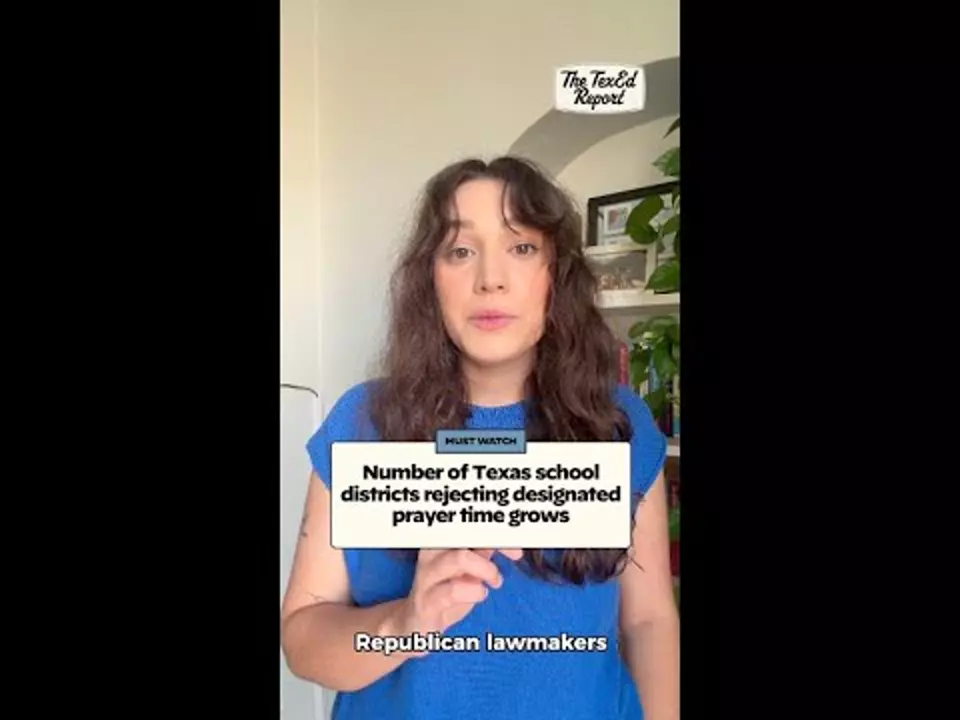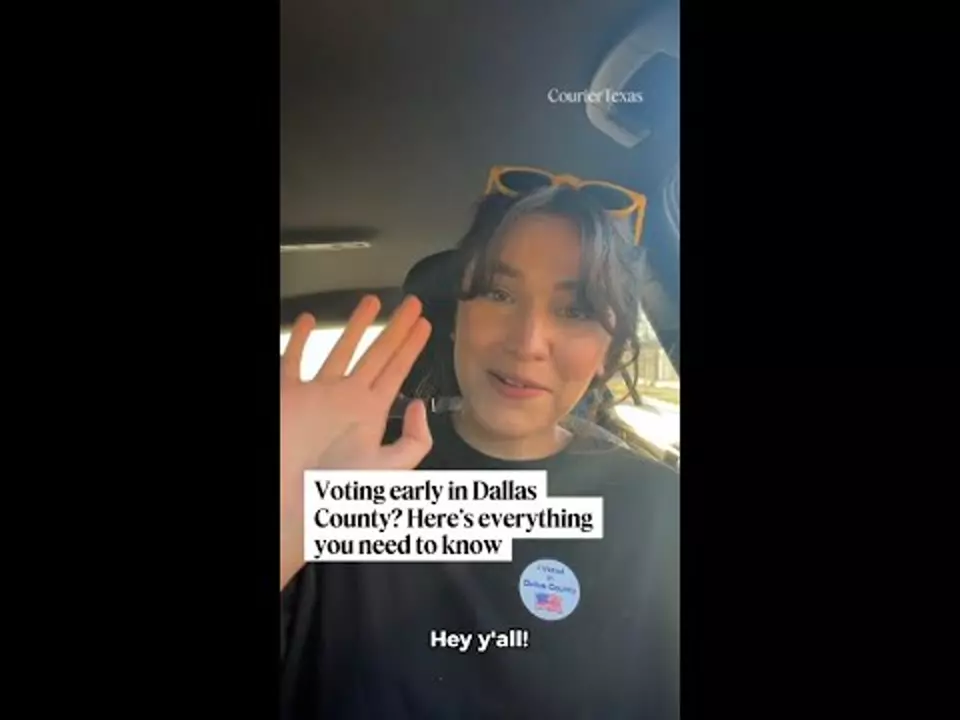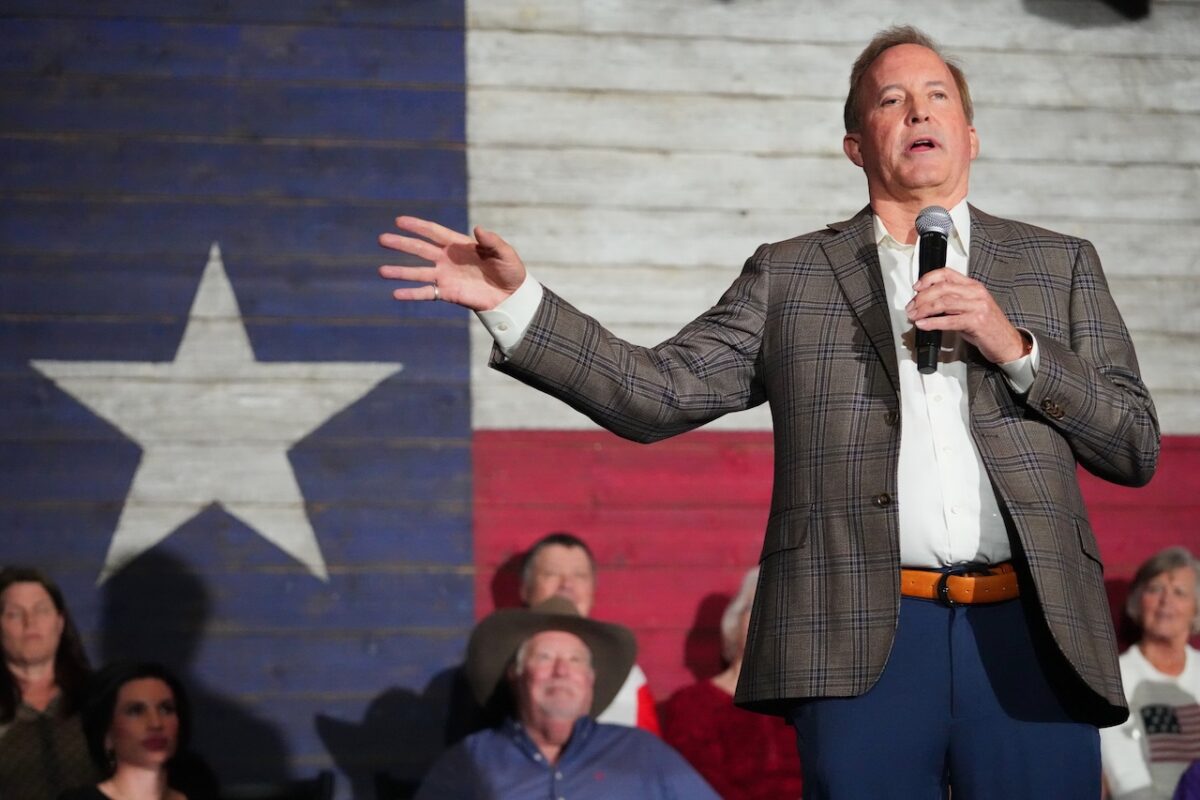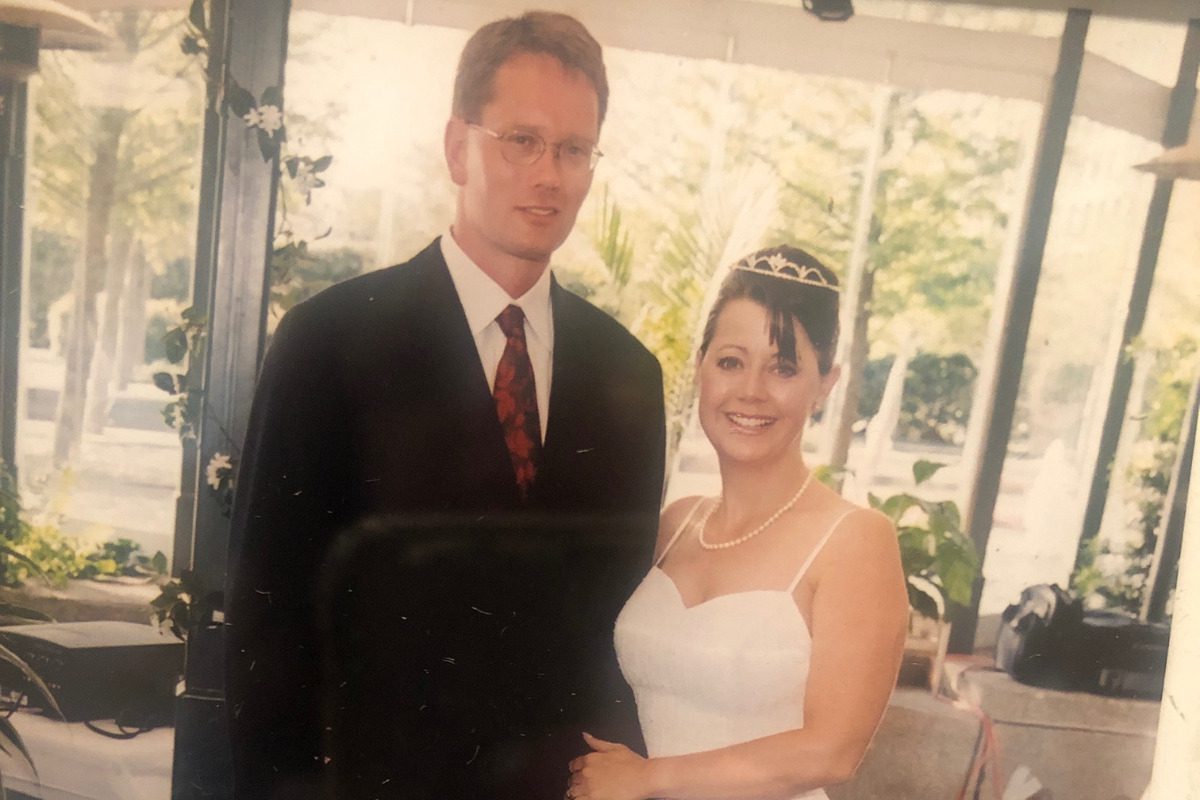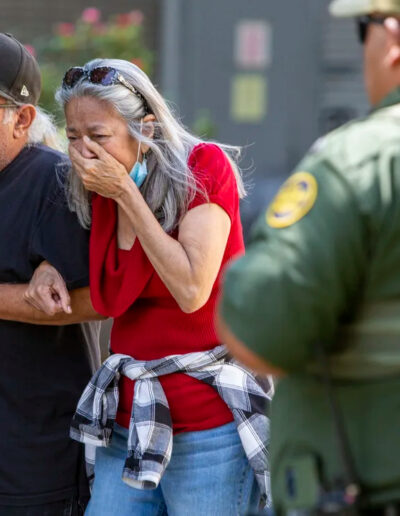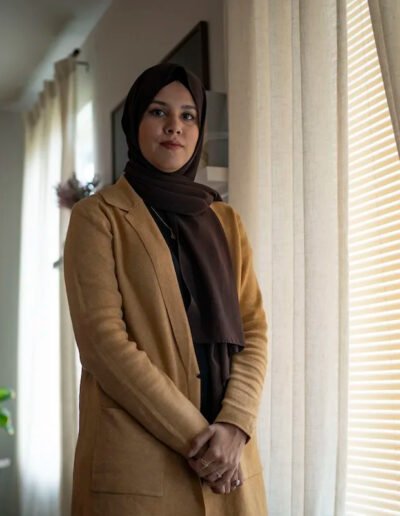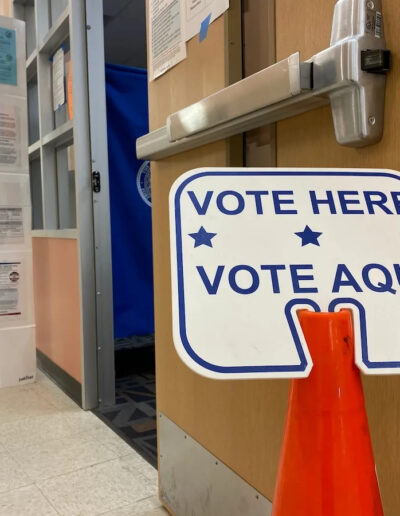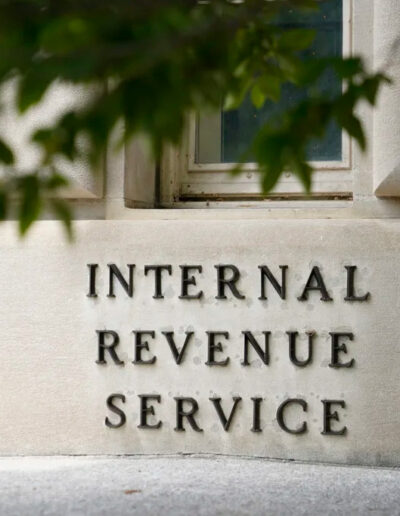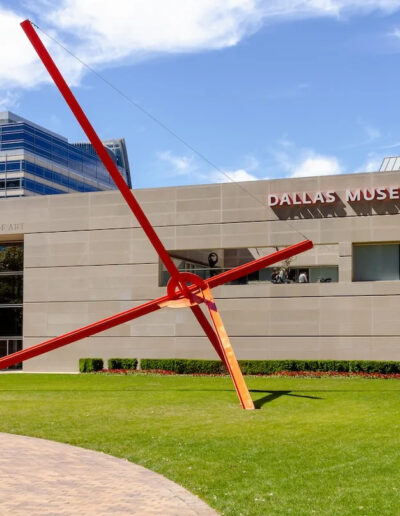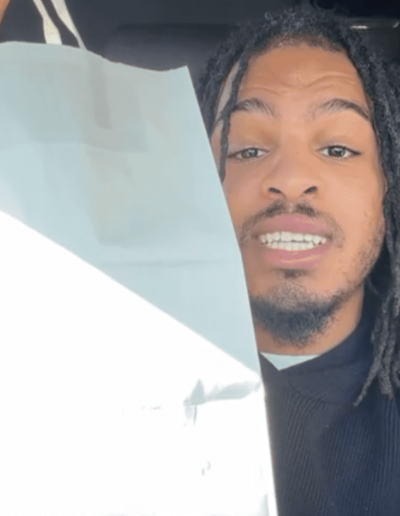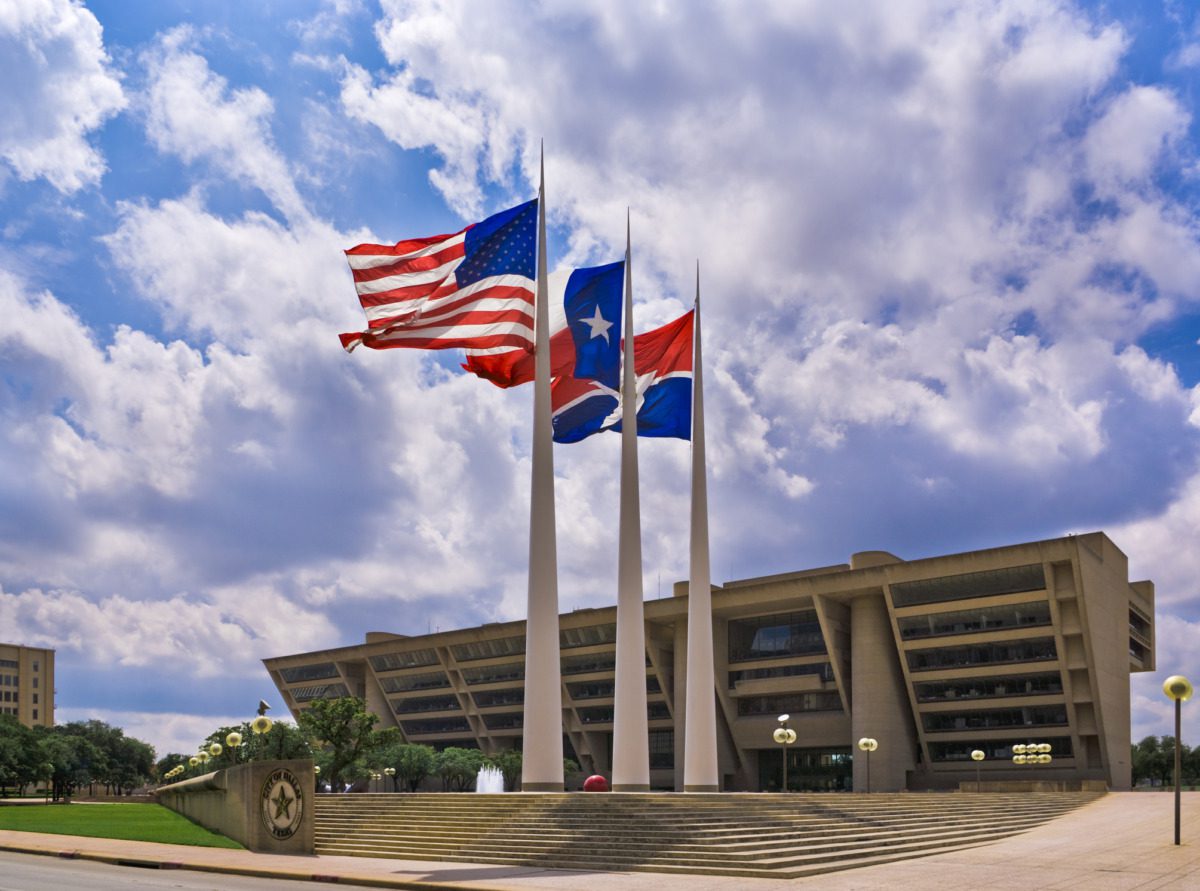
The city of Dallas hasn’t publicly revealed the process for implementing the 16 charter amendments voters approved on Nov. 5. (Photo by Getty Image/dszc)
These measures were among 18 charter amendments city residents voted on during Election Day. 16 passed. But it’s still up in the air as to when they will take effect.
Dallas voters approved nearly every proposition on the ballot this election, including Prop R that decriminalizes marijuana and Prop U, a controversial amendment that will increase the Dallas police force.
Only two of the 18 charter amendments failed — Proposition C and Proposition T. Prop C increased the salary of the mayor and the city council, while Prop T required the city to conduct a survey each year that would result in either the city manager earning a performance-based pay raise or their firing.
The 16 passed propositions won’t take effect immediately, however, as the election results are still considered unofficial.
This city has until Nov. 18 to review provisional ballots or late-arriving mail-in ballots from members of the military or overseas voters, according to the election law calendar.
The Dallas City Council then certifies the election results by conducting a local canvass, which is laid out in Texas law and allows election workers to verify records and finalize vote counts. After the results are certified by the council, it can draft an ordinance to amend the city charter and put the propositions into effect. But the city has refused to explain what happens next with the propositions voters approved or provide a timeline for any action.
For now, here’s where each major proposition stands after Election Day.
Prop R’s uphill battle
Prop R, which decriminalizes weed possession, passed by 66.82%.
There’s not a specific date yet for when Prop R will go into effect, and the measure could be stalled by a lawsuit from the state.
Texas Attorney General Ken Paxton previously sued Denton, Austin, Killeen, San Marcos and Elgin — and lost — for similar attempts to decriminalize marijuana.
Paxton argued that state law forbids cities from adopting policies that result in the city not fully enforcing drug laws, and that the Texas Constitution notes it is unlawful for cities to adopt ordinances that conflict with state law.
“As exciting as tonight’s victory is, we know we have work to do in seeing that the policy is correctly implemented, as well as defending that implementation from baseless attacks by Attorney General Ken Paxton,” Catina Voellinger, executive director of Ground Game Texas, said in a press release.
“We look forward to continuing to work with our community partners in Dallas to ensure the Dallas Freedom Act goes into effect, as well as continuing to build our movement across the state,” she added.
Voters in Lockhart and Bastrop also decriminalized weed on Nov. 5, with 67.95% and 69.79% in favor, respectively.
What Prop S means for Dallas
Prop S, which passed by 55%, is one of the two controversial HERO amendments that passed and will make Dallas the only city in the country without governmental immunity.
Dallas HERO is a nonprofit group led by billionaire hotelier and Donald Trump donor Monty Bennet, and has the backing of the Dallas GOP.
City officials previously told WFAA that they are “ready to sue” and that supporters of the HERO propositions will “have a long battle in court if it does pass.”
The proposition allows residents to sue any city employee — including police officers, firefighters, or council members — if they believe they’re not abiding by an ordinance, charter code, or any law in Texas.
Supporters have said the amendment encourages accountability, while city officials countered that it will spark a decline in recruitment and an exodus of current employees.
This prop could potentially impact the future of Prop R as well. Since marijuana is still illegal in Texas, anyone who believes that the city is violating state marijuana laws could sue the city.
Prop U’s unknown timeline
Prop U, another of the HERO measures, passed by a razor-thin margin, receiving 50.5% support from Dallas voters. The measure increases starting pay for Dallas police officers, and forces the city to have a minimum of 4,000 police officers, which means they’ll need to add about 900 officers.
The proposition’s text doesn’t include a timeframe on how quickly Dallas police must increase the number of officers, something that Monty Bennett, a major donor in the effort to place S, T, and U on the ballot, told NBC 5 was intentional.
“If it takes one year, OK, if it takes 200 years, it takes 200 years,” Bennett said. “And that was purposely done so that the city couldn’t reasonably say that it would cause a cut in other services,” he added.
However, that’s exactly what city officials warned will happen.
According to police Chief Eddie García, at current recruitment trends, it would take almost 15 years to hit the 4,000 mark and cost at least $175 million to hire, train, and outfit the additional cops. This would take money away from vital city services.
“Too many Dallas voters fell for the fear-mongering flag of “safety and accountability” and were swept away by a handful of buzzwords,” Dallas Morning News columnist Sharon Grigsby wrote in a column after Election Day. “The outcome reflects what’s happening elsewhere in politics — campaigns in which voters seemed incapable of appreciating nuance or looking beyond broad strokes.”
In the meantime, the city of Dallas is weighing its options regarding the measures.
At a Nov. 13 city council meeting, the city council voted to erase a policy recommendation from 1988 that states “the city manager will increase the total number of police officers serving the city by at least 150 per year for each of the next four years and, thereafter, will maintain a ratio of at least three police officers per 1,000 citizens” — a week after voters approved Prop S and U.
The vote occurred after the council met in a closed session for over two hours to discuss advice from the city attorney’s office on legal issues related to the election results. While questions still remain about the reasoning behind this vote, it could be a way for the city to avoid being sued under Prop S. Dallas is not currently in compliance with the 1988 ordinance, and under the new measure, a resident could sue the city for that violation.
“While we wait for the final, certified results of the election, we will continue to review our options,” Interim City Manager Kimberly Bizor Tolbert told Courier Texas in an email.
Courier Texas reached out to the city several times since Election Day for an explanation about the certification process and what’s next for these propositions. Several city officials and spokespeople did not respond or declined to comment.
Support Our Cause
Thank you for taking the time to read our work. Before you go, we hope you'll consider supporting our values-driven journalism, which has always strived to make clear what's really at stake for Texans and our future.
Since day one, our goal here at COURIER Texas has always been to empower people across the state with fact-based news and information. We believe that when people are armed with knowledge about what's happening in their local, state, and federal governments—including who is working on their behalf and who is actively trying to block efforts aimed at improving the daily lives of Texas families—they will be inspired to become civically engaged.






